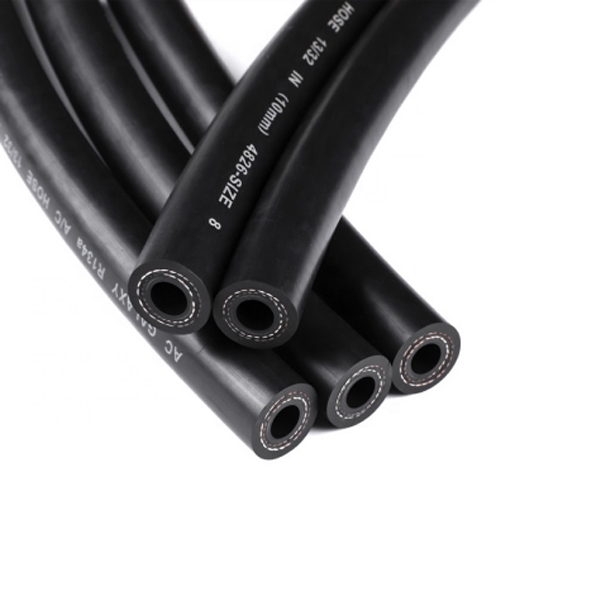Flexible Heating Oil Line Solutions for Efficient Energy Delivery and Temperature Regulation
តុលា . 02, 2024 00:41 Back to list
Flexible Heating Oil Line Solutions for Efficient Energy Delivery and Temperature Regulation
Flexible Heating Oil Lines A Modern Solution for Efficient Heating Systems
In the realm of home heating solutions, flexible heating oil lines have emerged as a significant advancement, providing homeowners with a practical and efficient means to transport heating oil. These flexible lines offer numerous advantages over traditional rigid piping, including ease of installation, durability, and enhanced safety features. As climate control becomes increasingly vital in our homes, understanding the benefits and applications of flexible heating oil lines is essential for optimal performance and energy savings.
What Are Flexible Heating Oil Lines?
Flexible heating oil lines are specialized hoses designed to carry heating oil from storage tanks to boilers or furnaces. Unlike traditional rigid piping systems made from metal or PVC, these lines are constructed from high-quality elastomeric materials that allow for bendability and adaptability in various installation scenarios. The flexibility of these lines makes them particularly suitable for tight spaces or areas where traditional piping would be challenging to install.
Benefits of Flexible Heating Oil Lines
1. Ease of Installation One of the primary advantages of flexible heating oil lines is the simplicity of installation. Their lightweight and flexible nature allows for quicker and easier manipulation during the installation process. Homeowners and contractors can navigate around obstacles without the need for complicated fittings or additional connectors. This feature not only reduces labor time but also minimizes installation costs.
2. Durability and Longevity Flexible heating oil lines are engineered to withstand harsh environmental conditions. Made from materials resistant to corrosion, UV rays, and extreme temperatures, these lines are designed for longevity. Their durability ensures that they can safely transport heating oil for years without the risk of leaks or breaks, thus providing peace of mind to homeowners.
3. Safety Features Safety is paramount when dealing with heating oil, and flexible lines are designed with this in mind. Many flexible heating oil lines come with additional safety features such as anti-static properties and robust coupling mechanisms that prevent leaks. Additionally, their design minimizes the risk of ruptures, making them a safer choice compared to traditional piping systems.
flexible heating oil line

4. Versatility The use of flexible heating oil lines is not limited to residential heating; they are also applicable in commercial and industrial settings. Their adaptability makes them ideal for various heating applications, including underground installations, making them suitable for diverse environments. As energy efficiency becomes increasingly important in all sectors, these lines contribute to improved heating system performance.
Environmental Considerations
As society shifts toward more environmentally friendly practices, the energy efficiency of heating systems remains a top priority. Flexible heating oil lines play a significant role in this transition by reducing energy loss during the transport of heating oil. The elimination of unnecessary joints and fittings minimizes the potential for leaks, ensuring that the maximum amount of energy reaches its destination.
Moreover, many manufacturers are now focused on producing flexible heating oil lines that are recyclable and made from sustainable materials. This move not only supports environmental conservation efforts but also aligns with the growing consumer demand for eco-friendly products.
Conclusion
Flexible heating oil lines represent a modern solution to the challenges of heating oil transportation. Their ease of installation, durability, safety features, and versatility make them an ideal choice for homeowners, businesses, and industries alike. As we continue to prioritize energy efficiency and environmental responsibility, the adoption of such innovative solutions will undoubtedly play a critical role in shaping the future of heating systems.
Investing in flexible heating oil lines is not merely a matter of convenience; it is a commitment to safety, efficiency, and sustainability. By making informed choices about heating solutions, homeowners can ensure their systems operate smoothly while contributing positively to the environment. With the rising awareness of energy conservation and environmentally friendly practices, the importance of flexible heating oil lines in modern heating systems cannot be overstated.
